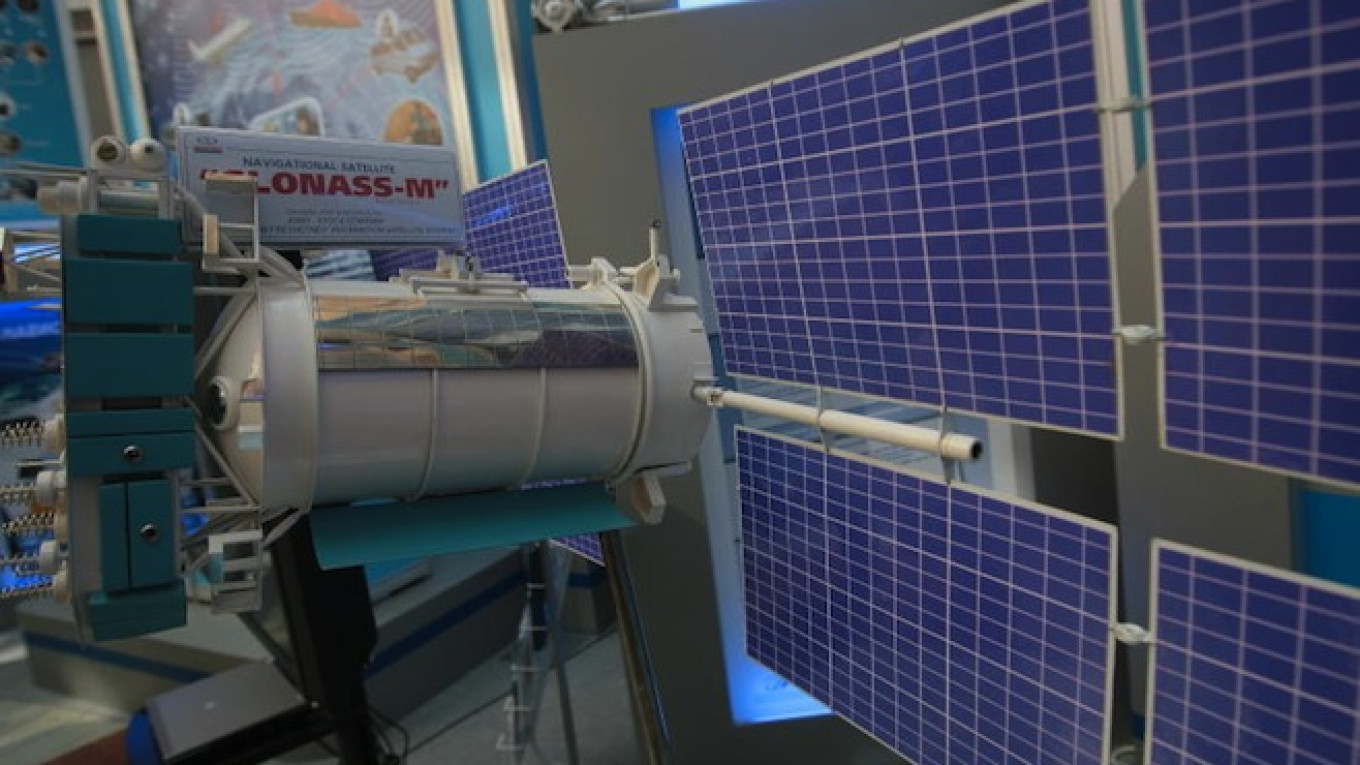Special report for MT
The U.S. congress has once again rung the alarm over Russian satellite technology by requesting senior U.S. national security officials to provide information on the threat posed by a Russian proposal to set up monitoring stations for its Glonass satellite navigation system on American soil.
As the House Armed Services Committee hammers out the final details of the 2015 National Defense Authorization Act, Representative Jim Bridenstine proposed an amendment that would require the Defense Secretary, along with Secretary of State and Director of National Intelligence to report to congress on a Russian proposition to place 8 Glonass monitoring stations in the U.S.
National security officials would be required to disclose the locations of the Glonass sites, assess the potential threats they pose to U.S. national security infrastructure, and present concrete plans to mitigate these threats, Defense News reported Wednesday.
The Glonass satellite navigation system is a Russian state-sponsored project intended to rival the U.S. Global Positioning System, or GPS, in commercial applications while providing the Russian military with independent navigation data.
GPS remains the more accurate navigation system, with an accuracy of 1.8 meters, while Glonass is accurate to 2.9 meters.
Controversy over the placement of 8 Glonass monitoring stations in the U.S., which would greatly improve the system's overall accuracy, erupted in November last year, when the Pentagon and CIA said they may be used to harm U.S. national security interests.
Russia plans on making the Glonass more competitive by building 50 ground stations in 36 countries, Kremlin chief of staff Sergei Ivanov said in April, though he did not specify if these plans included the U.S. Currently, Glonass only has monitoring stations in Russia, Brazil and Antarctica.
The U.S. operates 16 GPS monitoring stations globally, though it has none in Russia.
Glonass has been plagued with problems over the years. Most recently, the system suffered its second major glitch in a period of weeks when a number of the satellites malfunctioned during a system wide software update.
Contact the author at bizreporter@imedia.ru
A Message from The Moscow Times:
Dear readers,
We are facing unprecedented challenges. Russia's Prosecutor General's Office has designated The Moscow Times as an "undesirable" organization, criminalizing our work and putting our staff at risk of prosecution. This follows our earlier unjust labeling as a "foreign agent."
These actions are direct attempts to silence independent journalism in Russia. The authorities claim our work "discredits the decisions of the Russian leadership." We see things differently: we strive to provide accurate, unbiased reporting on Russia.
We, the journalists of The Moscow Times, refuse to be silenced. But to continue our work, we need your help.
Your support, no matter how small, makes a world of difference. If you can, please support us monthly starting from just $2. It's quick to set up, and every contribution makes a significant impact.
By supporting The Moscow Times, you're defending open, independent journalism in the face of repression. Thank you for standing with us.
Remind me later.


